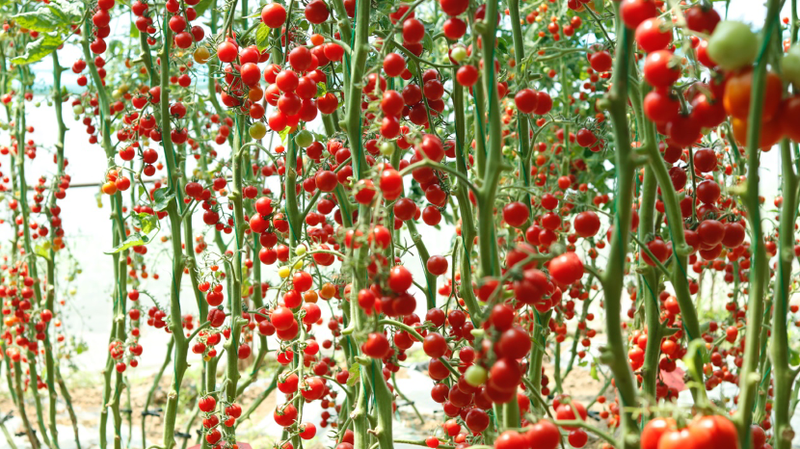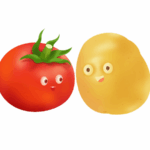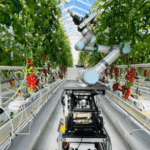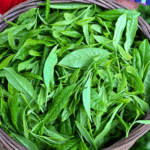As climate change threatens global food production, researchers at the Chinese Academy of Sciences have uncovered a groundbreaking mechanism in tomato plants that could help secure future harvests. A study led by Professor Xu Cao's team reveals how tomatoes reprogram their growth cycles to withstand heat stress – offering hope for breeding crops resilient to rising temperatures.
The research, published in Developmental Cell, focuses on shoot apical stem cells that control plant development. When exposed to extreme heat, these cells activate a survival strategy: accumulating reactive oxygen species (ROS) to delay flowering. This 'pause button' mechanism allows plants to extend their vegetative growth phase, avoiding premature flowering during unfavorable conditions.
Through precise molecular analysis, scientists discovered that heat triggers phase separation of a floral repressor protein called TMF. This process creates protective condensates that shield the plant's genetic programming until temperatures normalize, preventing up to 63% yield loss in critical fruit clusters.
This redox-controlled adaptation provides a blueprint for developing climate-smart crops. "By understanding how plants naturally hedge their bets against environmental stress, we can engineer varieties that maintain stable yields despite weather extremes," explained Professor Xu. The findings come as global agriculture faces growing pressure, with studies showing 6-8% yield reductions per 1°C temperature rise.
The discovery holds particular significance for tropical and subtropical regions where heatwaves increasingly threaten food security. Agricultural experts suggest this breakthrough could accelerate precision breeding programs across multiple crop species, aligning with global efforts to adapt farming systems to climate realities.
Reference(s):
Chinese scientists reveal how tomatoes beat heat, stabilize yields
cgtn.com







